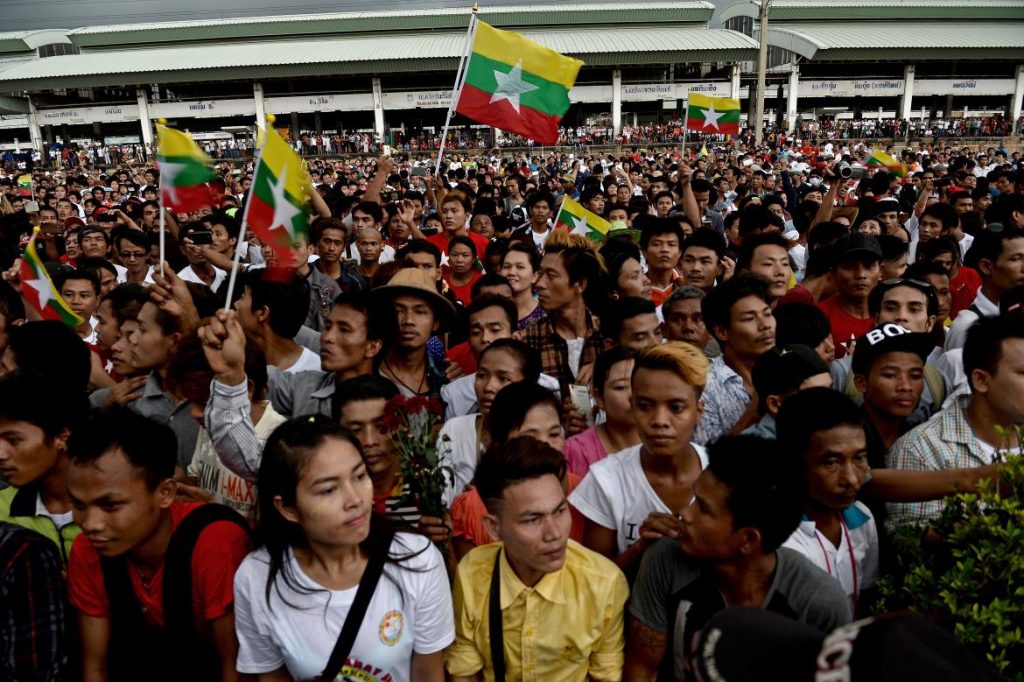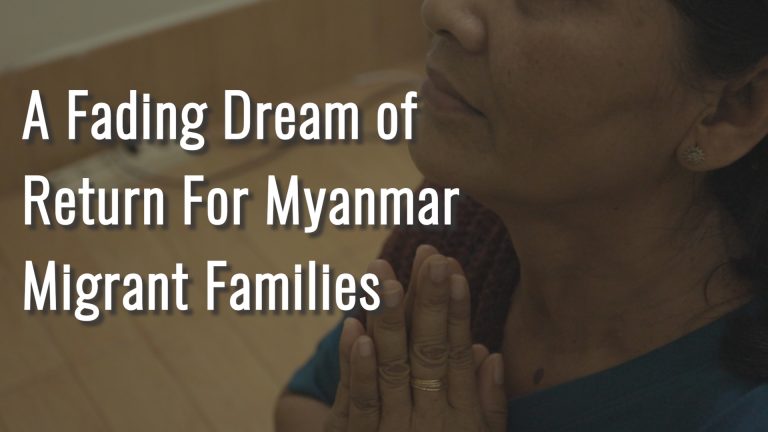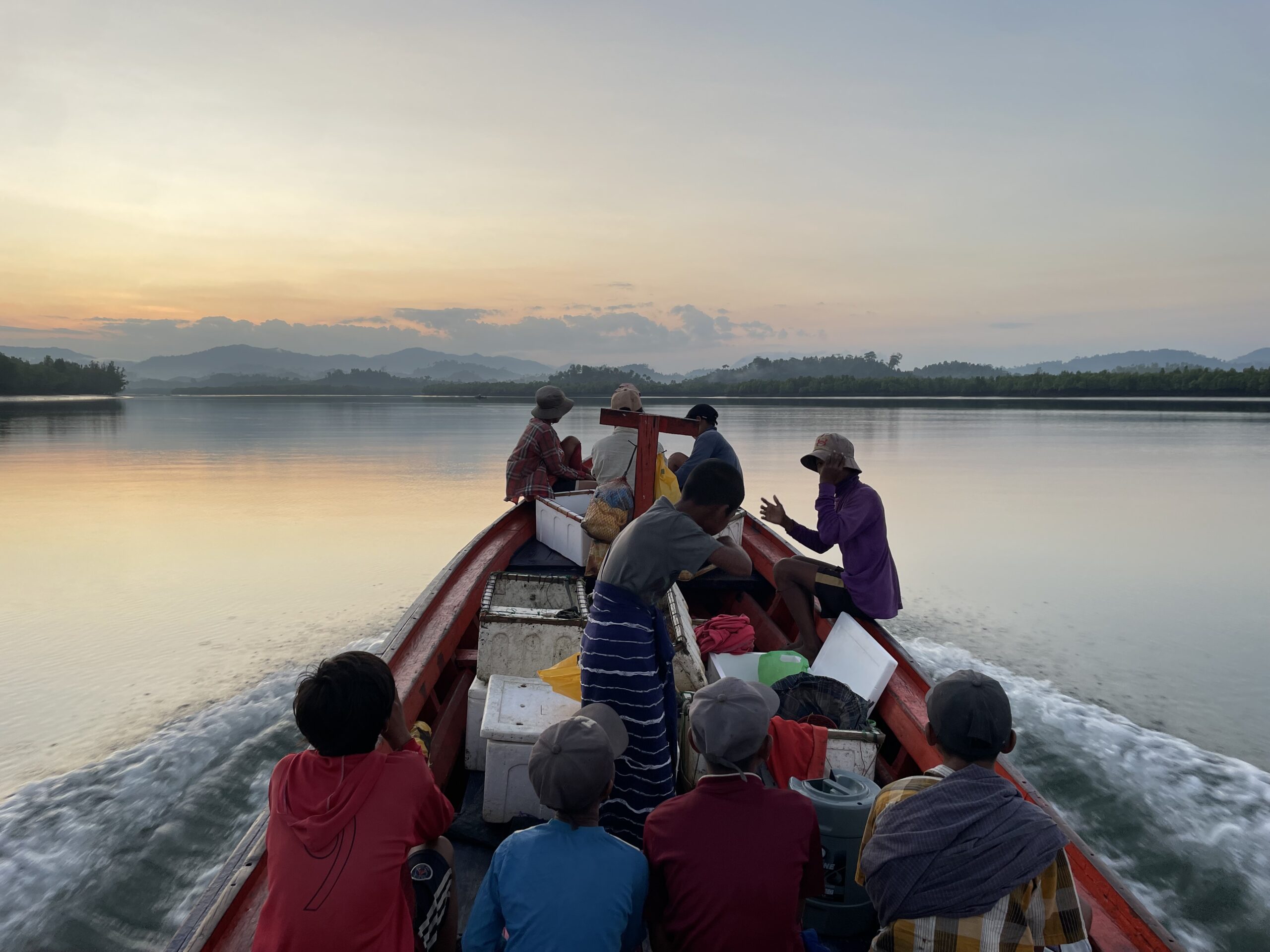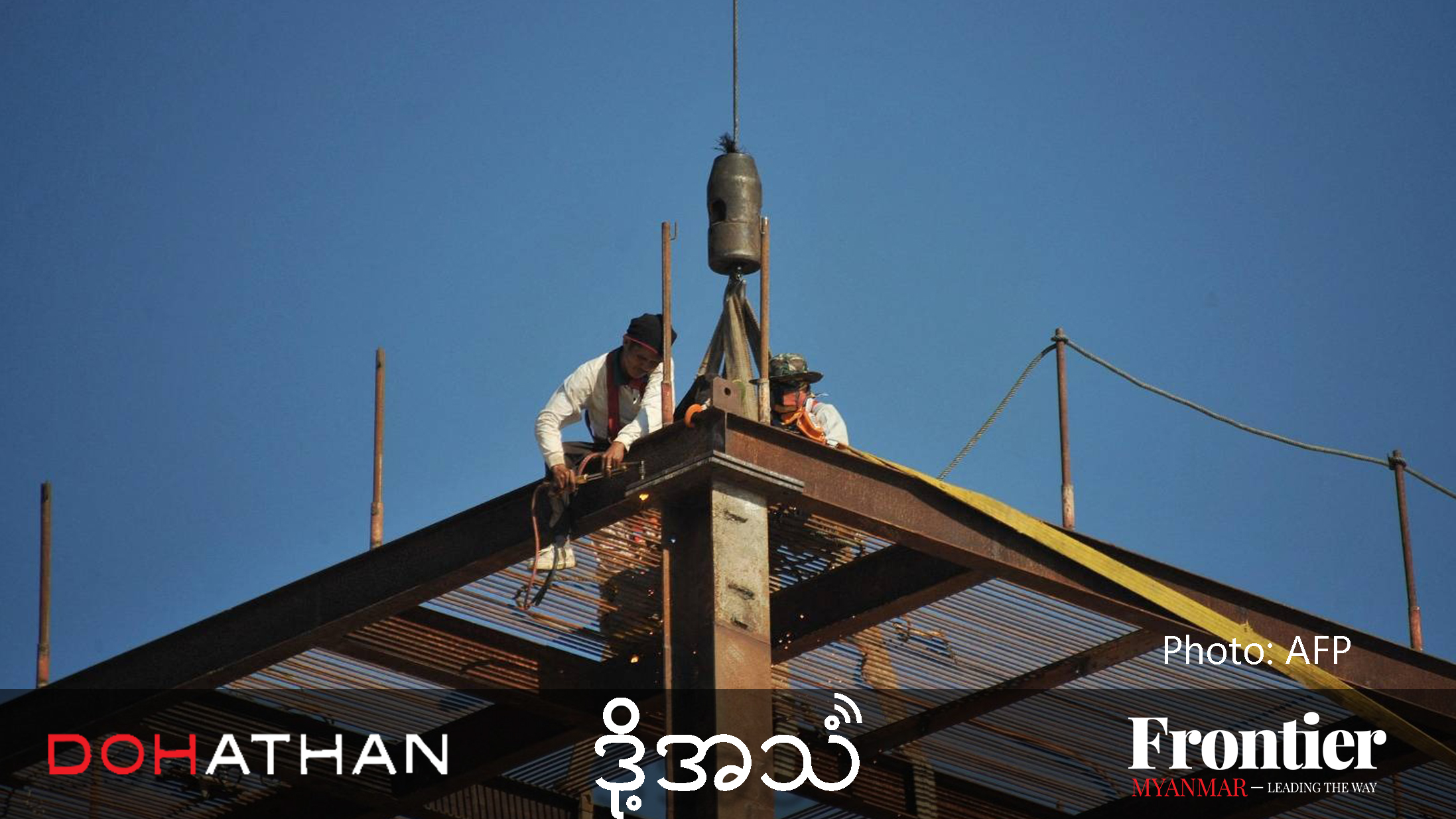Daw Aung San Suu Kyi’s visit to Thailand last month to secure better treatment for migrant workers has generated a worrying backlash from some quarters.
By SITHU AUNG MYINT | FRONTIER
WHEN State Counsellor Daw Aung San Suu Kyi visited Thailand last month she signed an agreement aimed at ensuring better protection, rights and working conditions for the millions of Myanmar migrant labourers in the neighbouring country.
Agreements on labour cooperation and cross border affairs were also signed during the visit by Aung San Suu Kyi, who was in Thailand in her capacity as State Counsellor.
The situation of Myanmar workers in Thailand was a focus of Aung San Suu Kyi’s visit and it included a trip to a coastal town near Bangkok to meet some of the thousands of her compatriots who work in seafood factories.
Since Aung San Suu Kyi returned home, extreme Thai nationalists have been campaigning against Myanmar workers. They accuse Myanmar workers of making unemployment worse among Thais and say they should not have the same rights as Thai employees. They also say that Myanmar workers should not have jobs that labour laws say are restricted to Thais.
Support more independent journalism like this. Sign up to be a Frontier member.
Aung San Suu Kyi has long wanted better treatment for Myanmar workers in Thailand and a migrant labour situation that has mutual benefits for both countries. But will the outcome of her visit be contrary to its purpose because of the activities of Thai nationalists? What will be the fate of Myanmar workers in Thailand?
Economic mismanagement by successive military governments in Myanmar for more than half a century stifled job opportunities among a steadily rising population, forcing many citizens to go abroad to find work. Job seekers were also disadvantaged by the former military government’s neglect of an education system once regarded as the best in Southeast Asia.
Unemployed and undereducated Myanmar nationals had no choice but to go abroad and accept the 3D jobs – dirty, dangerous and demeaning – that local people did not want.
The military governments were not interested in the welfare of migrant workers or in ensuring that their rights were protected. As a result they have been exploited and bullied by foreign employers, citizens and governments. It is still happening. Uneducated, unprotected Myanmar have been forced to work like slaves, especially in the fishing industry.
Thousands of young Myanmar were sold into bonded labour on Thai fishing boats operating in Indonesian waters. About 2,000 Myanmar fishermen, including some who had been stranded for years on a remote Indonesian island, were only able to return home after their plight was exposed last March by the Associated Press in one of a series of reports that won the news agency a Pulitzer Prize.
Aung San Suu Kyi’s trip was mainly aimed at benefitting Myanmar workers in Thailand. It seems that extreme Thai nationalists are uncomfortable about the unity between Myanmar workers and the National League for Democracy government. The government’s concern to ensure that migrant workers in Thailand are better protected from abuses will make it more difficult for Thai employers to bully, exploit and insult their Myanmar employees.
The jobs being created by the opening of Myanmar pose a threat to the labour needs of Thai industry. As Myanmar becomes more developed and job opportunities grow, Thai industry will no longer be able to rely on cheap labour from Myanmar and other neighbouring countries. This is one of the concerns that motivates extreme Thai nationalists.
It is not the first time that Thai nationalists have lashed out at Myanmar or its citizens. When bilateral relations were at a low point about 16 years ago, Thai nationalism found expression in movies and books that depicted Myanmar as an historical enemy and its people as bandits, rapists and aggressors. It was a difficult time to be a Myanmar worker in Thailand, where they continue to be bullied and exploited.
It is hard to predict what effect the Thai nationalists’ campaign will have on Aung San Suu Kyi’s efforts on behalf of migrant workers in Thailand. But it seems clear that the solid unity between the Myanmar people and government will mean that our workers in Thailand are not exploited as before.







